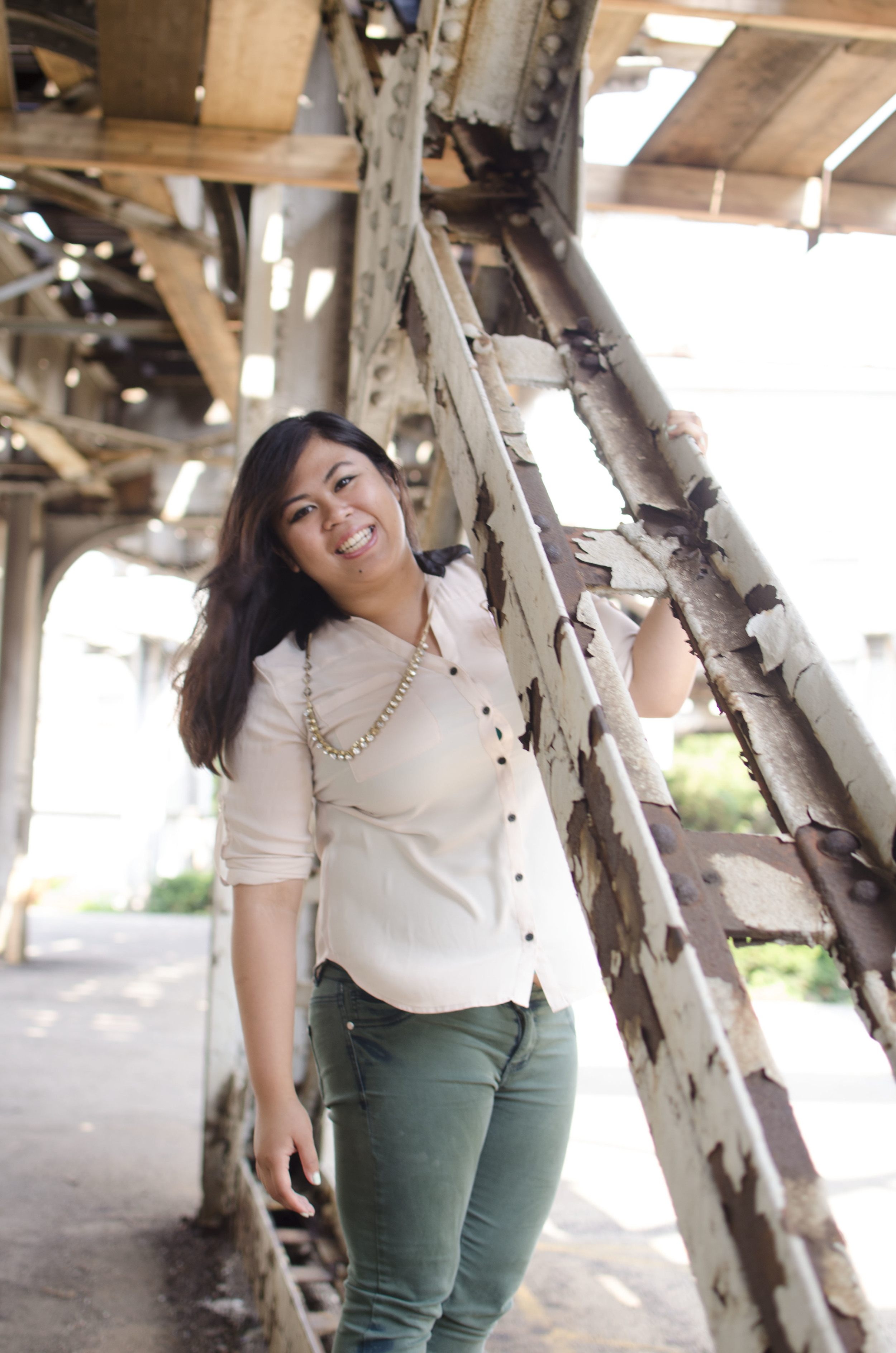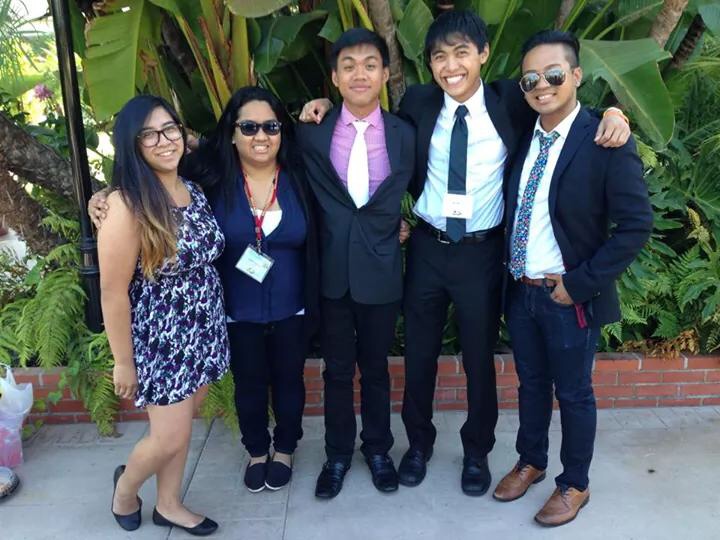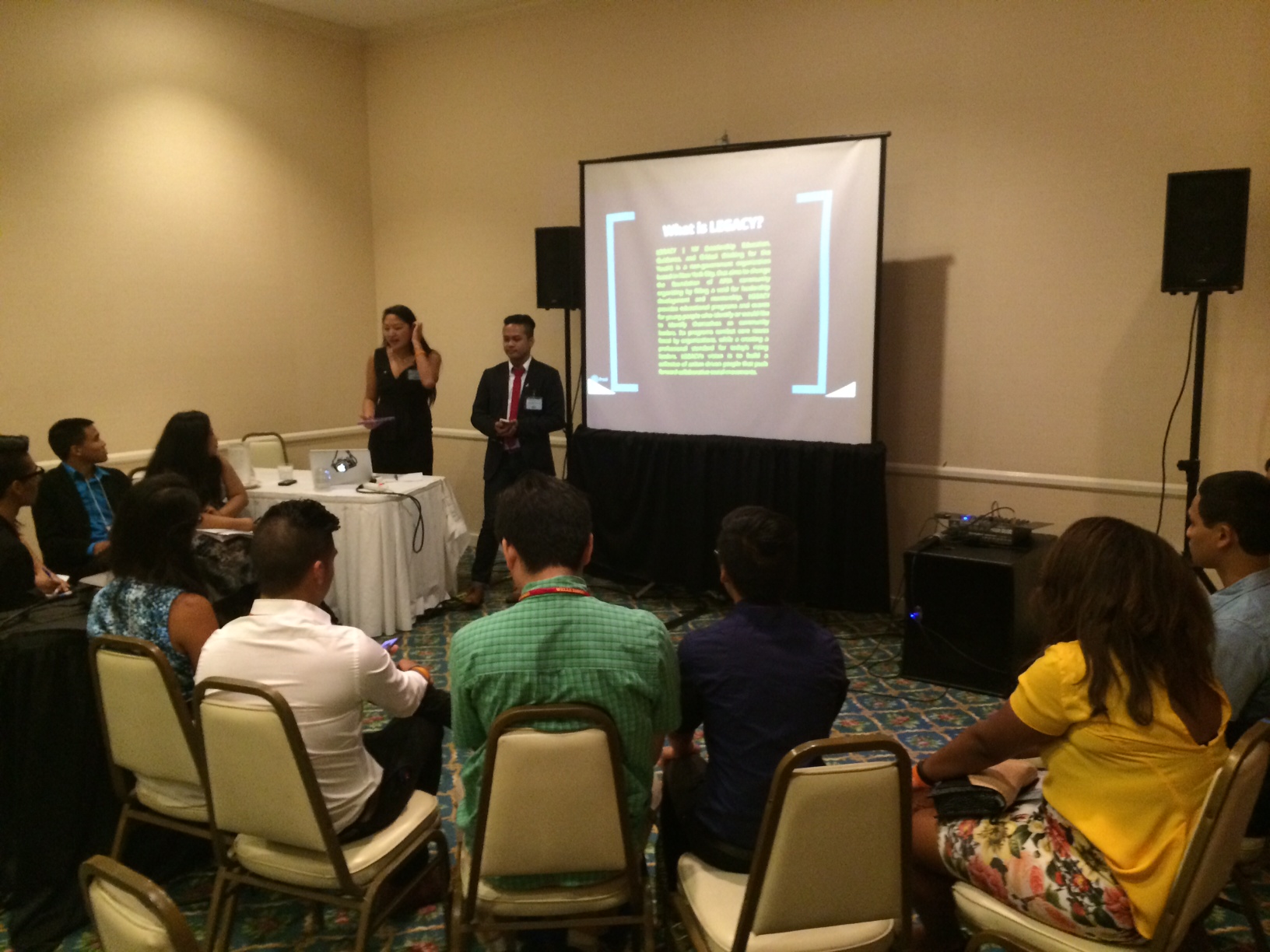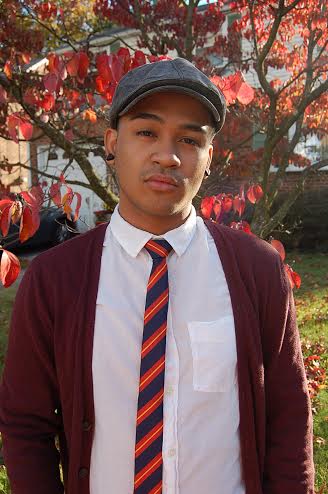Calling All Balikbayans (Kaya Collaborative)
Every summer, Kaya Collaborative brings 10–15 emerging leaders from the Filipino diaspora to listen, to learn, and to rediscover the Philippines alongside local leaders in Manila. Rexy Josh Dorado shares some of their learnings - as well as a new manifesto for balikbayan reconnection.
Snippets from our summer scrapbook: the huddled intimacy of our daily MRT commute; the stinging sun that prefaced the roar of rain; the swirling view of rice terraces zooming in, zooming out as we gripped the jeepney roof, Sagada-bound.
It’s a scrapbook of sounds, senses, and textures as much as it is about the visuals. There’s a mix CD taped to the back cover that plays modern hip-hop, eighties power ballads, and Alfred singing karaoke to nineties OPM rock (Original Pilipino Music).
“Nakakatindig balahibo…”
And then: Post-it notes on post-it notes. Sketches and non-sequiturs on plain white paper. Google Docs capturing the cascading thoughts and uncertainties of another discussion about identity and social change.
Our experiment in using design principles to facilitate cultural dialogue has left us with a mountain of moments and ideas memorialized in ink and graphite. Let’s pull up one scene in particular: 15 of us gathered around pizza, scribbling questions into colored paper and passing it along. The loud chatter begins to idle, corner by corner, as the mood shifts toward real talk.
Fil-Ams and the Philippines
This was seven weeks into Kaya Collaborative’s balikbayan (returnee) fellowship – seven weeks into our group’s summer engagement with Manila’s social innovation community. With less than a month left on the clock, that “closing chapter” sensation was beginning to drip into the scene. It was a time for reflection, dialogue, and synthesis — for sketching out our personal and collective ways forward.
In just seven weeks, we had learned more than we could recount about our motherland. We learned about the social issues at play, about the political and economic factors that fed them, about the different parties that were moving to rewrite the country’s future.
About the strength of the Filipino people.
Most importantly, we realized just how little we knew coming in, and just how much there remained for us to learn. A summer wasn't even close to enough. Years and miles stood between us and a full understanding of ourselves, the Philippines, and where the two narratives come together.
Diaspora Privilege
And yet: doors opened for us. We found ourselves in conversations with decision makers, presented with a wealth of exciting opportunities, and touching upon spheres of power and influence that we likely never would have known if we had stayed in the States – or if we had stayed here.
As members of an organized Filipino America that has built its voice fighting racial injustice in the States, it’s odd and uncomfortable finding ourselves in a position of such clear privilege. It’s difficult to talk about, and even more difficult to know what to do with. But as we've learned in our resistance against white privilege and Western imperialism, oppression finds its power in uncomfortable silence and silenced discomfort.
We, the children of migration, need to work towards a better understanding of ourselves in terms of power and privilege. The vibrant potentials and the quiet dangers of our work. The possibilities and the tensions that we find ourselves entangled in.
We are positioned to play a powerful role as transnational actors – but we need to do it with care, with respect, and with true solidarity at heart.
We at Kaya Collaborative offer our own rough take on a new balikbayan manifesto. It’s much easier said than done, but we hope that our community of returnees and circular migrants can take some of the points below to heart.
Towards a New Balikbayan Manifesto
As balikbayans, we recognize that our lives and our identities have positioned us to find success in our homeland, and to make an impact for others around us.
We recognize our strengths. Through a mix of active decisions and accidental circumstance, our skills and our education have opened doors for growth as an individual and as a citizen. Our perspectives can give birth to new ideas and drive cultural exchange. Our international networks position us to funnel global resources, understanding, and allyship to our motherland.
We recognize that our struggles as Filipinos in the diaspora are real, and that returning to the Philippines holds the promise of unearthing parts our histories and our voices that we lost along the way. Our connection to the Philippines, though incomplete, is genuinely personal, and it gives us a stake in the equation that we cannot shake off.
We recognize that the Philippines contains opportunity, culture, ideas, and people who can add tremendous value to our lives. At the same time, we recognize that we are privileged in our ability to enjoy these opportunities without having to know the struggles that created them.
We recognize that life in our new land comes with an unspoken security that is absent to too many here, and that being outside the Philippines has placed us closer to certain opportunities and relationships that have helped us along the way. We recognize, furthermore, that this privilege has instilled in us biases that shape our interpretation of life and culture in the Philippines.
We recognize that this is dangerous. If left unchecked, we can become the vehicle for the perpetuation of a culture that favors the foreign over the local. If left uninformed, the stories we tell can feed damaging stereotypes of the Philippines and its people. If done without care, the resources we bring back can grow or sustain inequalities that exist within the Philippines.
We resolve, then:
First and foremost, to listen and to learn;
To never profit off of struggles we do not know, financially or otherwise;
To never speak for cultures and communities that we are not fully in touch with;
To always use our privilege to redirect resources, understanding, and attention to communities outside our circles;
To always work in partnership with the Philippines, never as a misguided savior or an unintentional colonizer;
To always check our motives, actions, and impact regarding all of the above;
And to always do our part in telling a story of the Philippines that stars the Philippines — a story that grows the dreams and capacities of its people — a story that’s already playing out, right here and right now, but finds itself sadly ignored by those holding the pen.
Article written by Rexy Josh Dorado (Originally posted on Kaya Co's Medium)
Kaya Collaborative (Kaya Co.) aims to inspire, educate, and mobilize the young Filipino diaspora as partners to long-term, locally-led social change in the Philippines. Stay tuned for more updates on the upcoming summer 2015 fellowship.



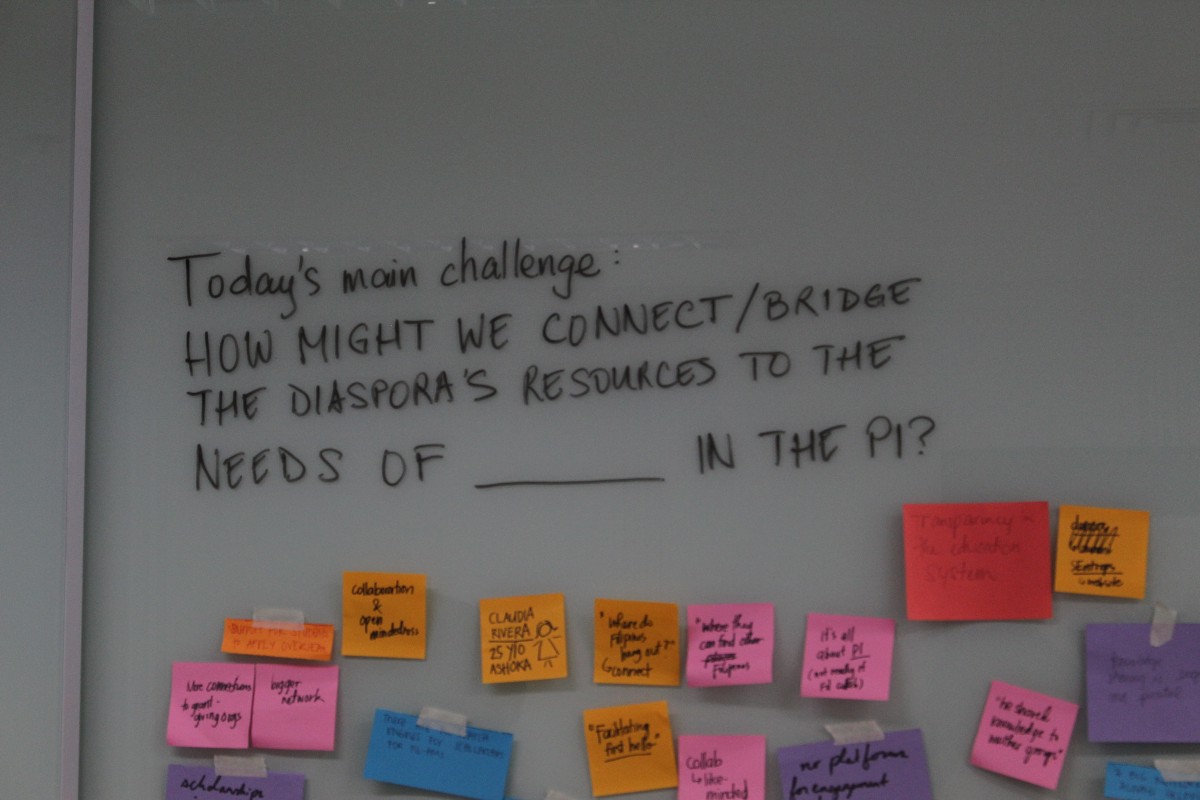
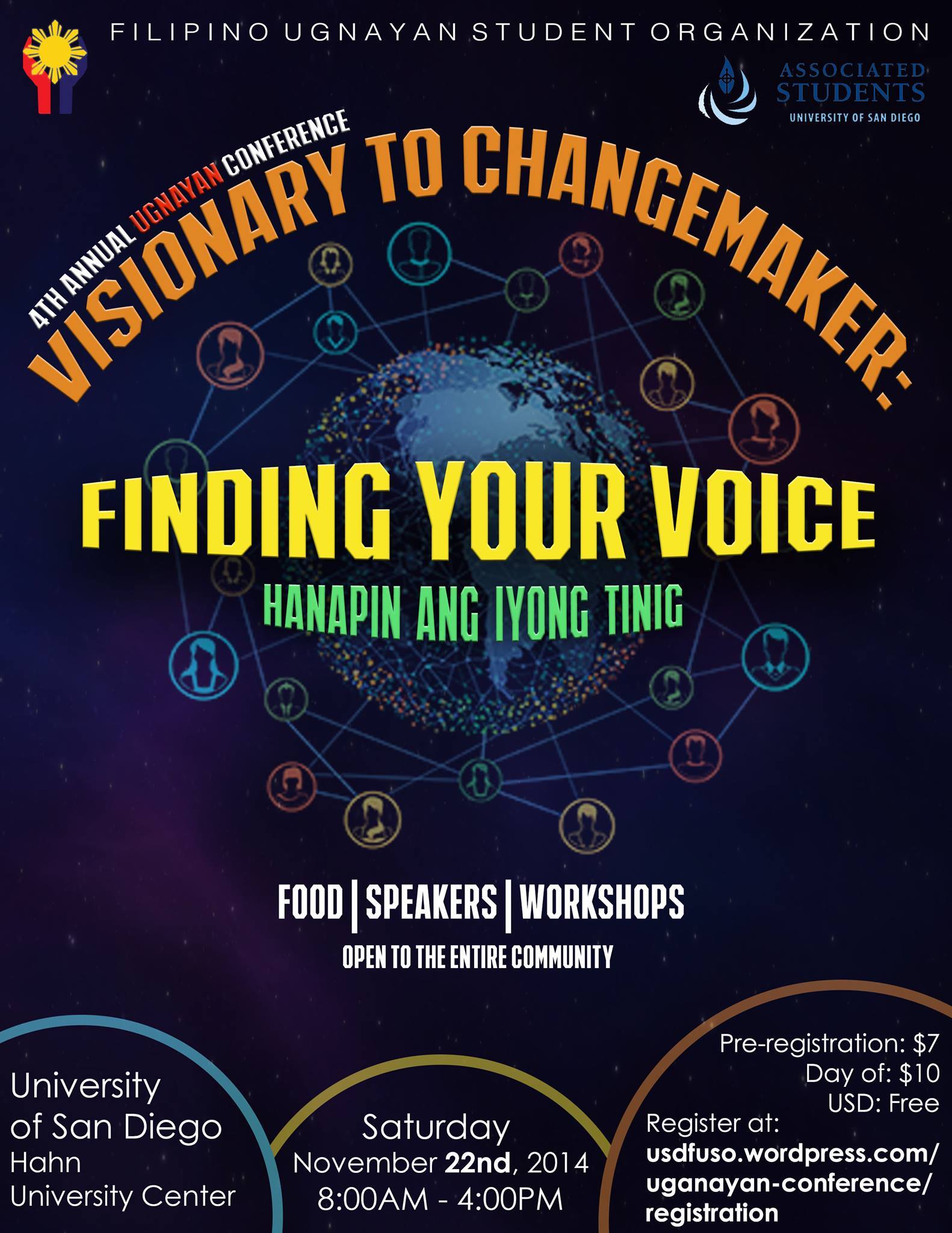
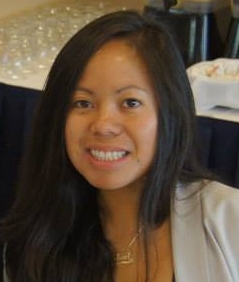
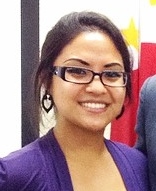
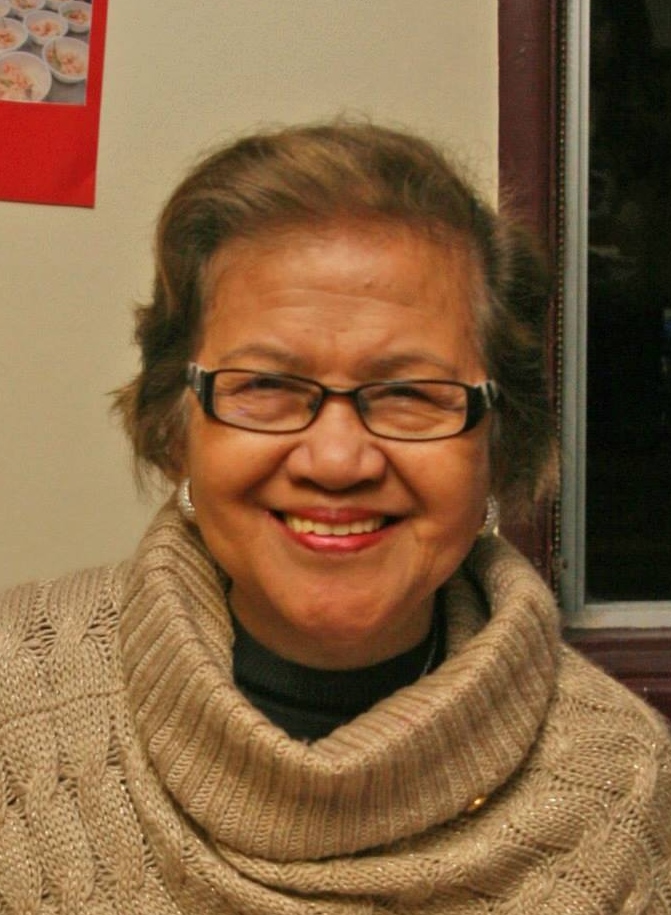
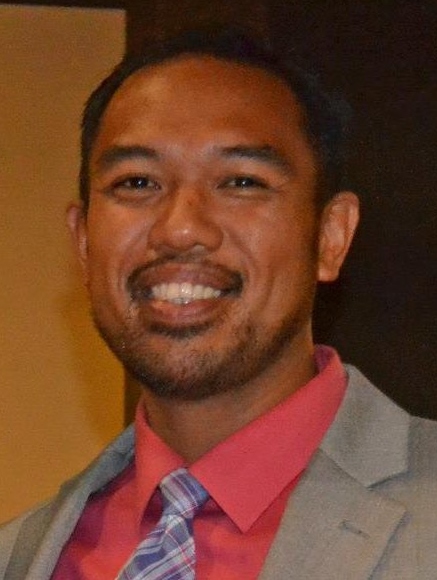
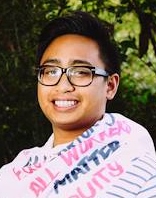
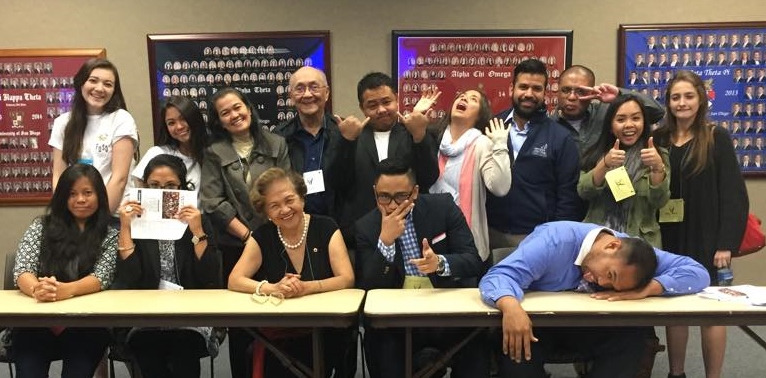
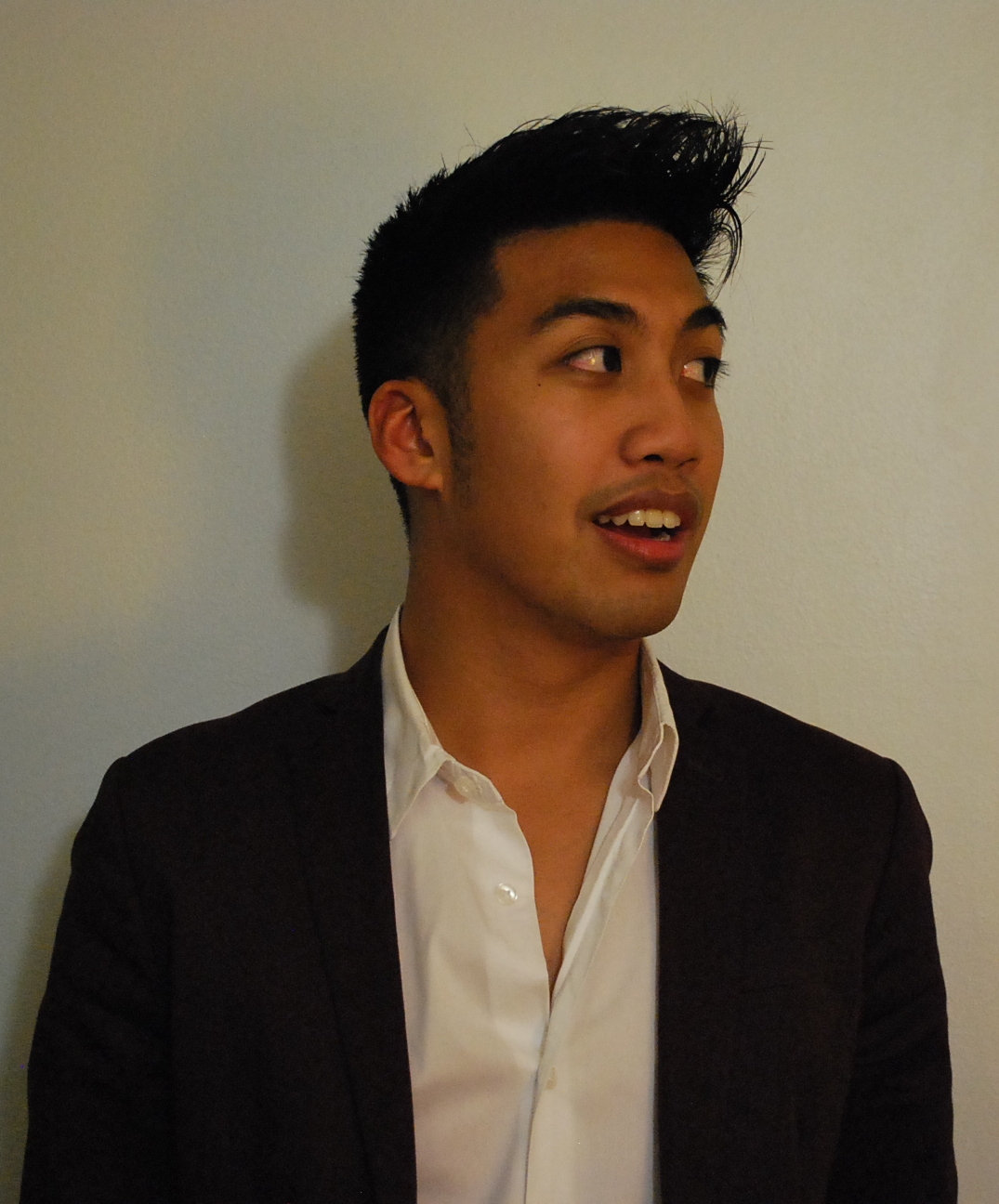 Noel Aglubat is currently the Vice President for Pilipino American Unity for Progress, Inc. (UniPro) and aims make the Filipino-American more visible. He joined Unipro in 2013, has served on the Summit team under Iris and became the Summit 2014 Co-Director. He has a M.S. in Structural Engineering and a B.S. in Civil Engineering from NYU-Poly. Currently he works as a Civil Engineer for the Department of Energy. In his free time Noel loves playing paintball, piano, bass guitar or running up and down the FDR Drive.
Noel Aglubat is currently the Vice President for Pilipino American Unity for Progress, Inc. (UniPro) and aims make the Filipino-American more visible. He joined Unipro in 2013, has served on the Summit team under Iris and became the Summit 2014 Co-Director. He has a M.S. in Structural Engineering and a B.S. in Civil Engineering from NYU-Poly. Currently he works as a Civil Engineer for the Department of Energy. In his free time Noel loves playing paintball, piano, bass guitar or running up and down the FDR Drive.
